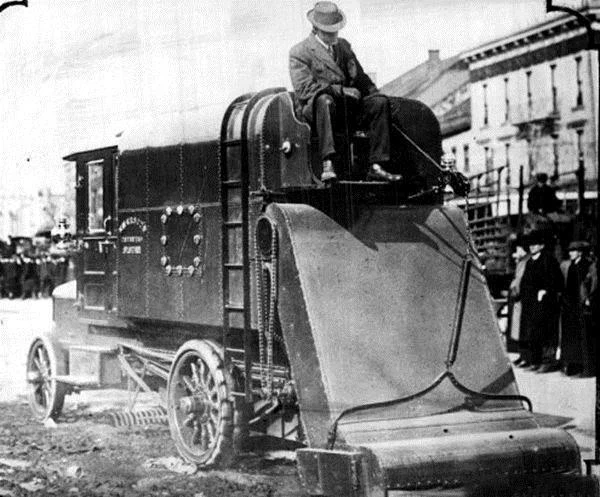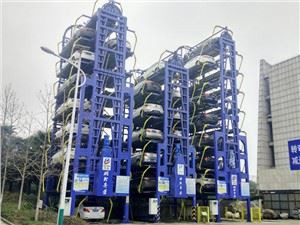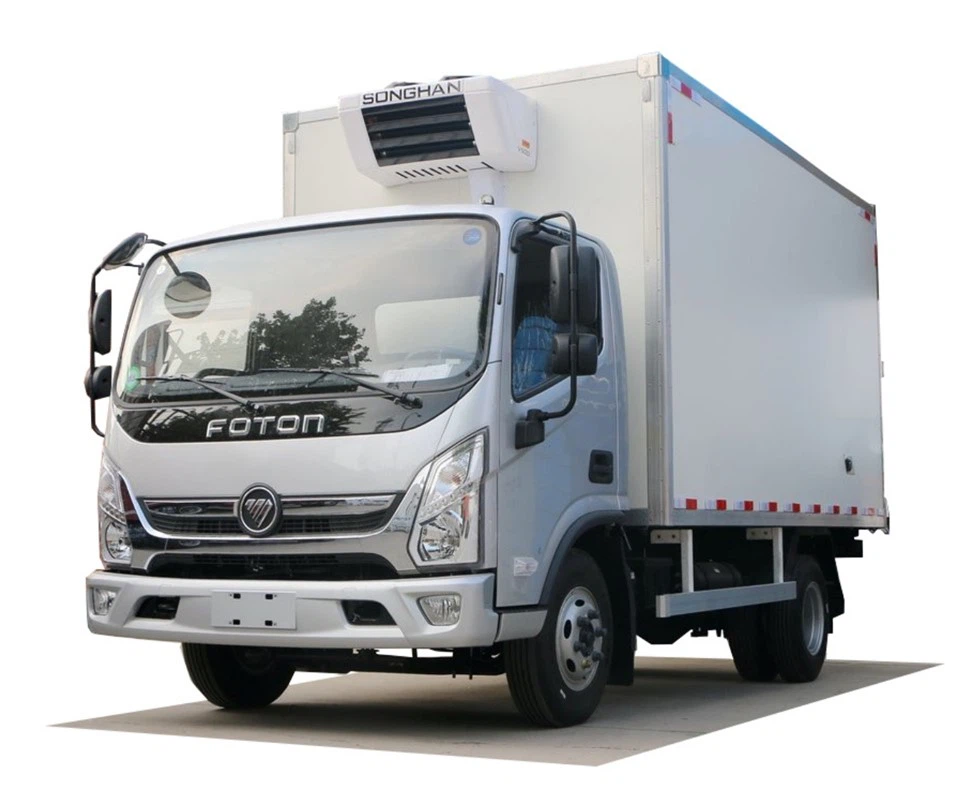What’s the Difference Between a Motorhome and an RV?

When it comes to choosing a vehicle for travel and adventure, many people are often puzzled by the terms “motorhome” and “RV.” While both serve the purpose of providing a mobile living space, there are distinct differences that set them apart. This comprehensive article seeks to clarify those differences and assist you in making an informed decision. We’ll look at the variations in design, functionality, styles, and much more, while providing practical examples and tips along the way.
Understanding RVs and Motorhomes
What is an RV?
RV stands for “recreational vehicle,” a broad term that encompasses various types of vehicles designed for recreational activities. RVs can be used for camping, road trips, and outdoor adventures. They include a range of styles and sizes, from towable trailers to motorized units.
What is a Motorhome?
A motorhome is a specific type of RV that is built on a motorized chassis and includes living accommodations. Motorhomes are self-contained and do not require a separate vehicle for towing. They are designed for those who want the convenience and freedom of traveling with their living space on wheels.
Types of RVs
1. Towable RVs
Towable RVs are trailers that cannot move on their own and require a separate vehicle for towing. Examples include:
- Travel Trailers: Versatile and available in various sizes. They can be towed by a car or truck.
- Fifth-Wheel Trailers: Larger than travel trailers and require a special hitch in the bed of a truck.
- Pop-Up Campers: Compact and lightweight, ideal for those who want a basic camping experience.
2. Motorized RVs
Motorized RVs can be driven on their own and include:
- Class A Motorhomes: Luxurious, spacious, and built on a bus chassis, perfect for long-term living.
- Class B Motorhomes: Also known as camper vans, offer a compact and easy-to-drive option.
- Class C Motorhomes: Recognizable by their over-cab sleeping area, they are a popular choice for families.
Key Differences Between Motorhomes and RVs
Design and Structure
The design and structure of motorhomes are distinct from other types of RVs. Motorhomes are built with a self-contained living area that includes a kitchen, bathroom, and sleeping quarters, all integrated within the vehicle. On the other hand, towable RVs often have limited amenities and depend on a separate vehicle for towing.
Table: Design Comparison
| Features | Motorhomes | Towable RVs |
|---|---|---|
| Self-contained | Yes | No |
| Size | Varies, but generally larger | Varies, often smaller or medium |
| Driving Experience | Driveable | Towed by another vehicle |
Mobility and Convenience
Motorhomes offer unmatched mobility as they are ready to go at a moment’s notice. Simply start the engine and hit the road. Towable RVs require more setup, including hitching the trailer to the towing vehicle, which can add to travel time.
Living Space and Amenities
Motorhomes typically feature more sophisticated amenities, including full kitchens, bathrooms, and sometimes even bedrooms. Towable RVs vary widely, but many smaller models lack full bathroom facilities, forcing travelers to rely on campground amenities.
Practical Example
An example of the difference in amenities is a Class A motorhome compared to a travel trailer. While a Class A might have a full-size refrigerator and a shower, a basic travel trailer could just have a small kitchenette and a portable toilet.
Cost Considerations
Motorhomes generally come with a higher price tag than most towable RVs. This is due to the larger chassis, more complex mechanics, and added living space. However, when considering the purchase, up-front costs aren’t the only consideration. Maintenance, fuel consumption, and insurance rates may also differ significantly.
Cost Breakdown
| Type of RV | Average Cost |
|---|---|
| Class A Motorhome | $100,000 – $500,000+ |
| Class B Motorhome | $60,000 – $200,000 |
| Class C Motorhome | $50,000 – $150,000 |
| Travel Trailer | $10,000 – $100,000 |
| Fifth-Wheel Trailer | $15,000 – $150,000 |
Fuel Efficiency
Fuel efficiency can significantly impact your traveling experience. Generally, motorhomes tend to be less fuel-efficient than towable RVs since they are larger and heavier. Small travel trailers may allow for better fuel economy if towed by an efficient vehicle.
Choosing the Right Option for You
Consider Your Lifestyle
Your travel preferences and lifestyle should guide your decision. If you plan on traveling extensively and prefer the convenience of a self-contained vehicle, a motorhome may be the best choice. Conversely, if you enjoy a less costly option with the flexibility to unhitch your living space, a towable RV is a great fit.
Practical Tips for Beginners

- Test Drive: Always take a test drive before buying a motorhome to ensure it meets your comfort level.
- Research: Consider the types of terrain you’ll be traveling to choose the appropriate RV type.
- Estimate Costs: Calculate the overall costs, including maintenance, to ensure affordability.
- Join Communities: Engage with fellow RVers for tips and potential guide experiences.
Maintenance and Upkeep
Motorhome Maintenance
Motorhomes require consistent maintenance, including checks on tires, brakes, engines, and appliances. Regular servicing can be more complicated due to their complex systems. It is important to schedule these maintenance checks at an authorized service center.
Towable RV Maintenance
Towable RV maintenance often focuses mainly on the trailer itself, tires, and the towing vehicle. It’s critical to inspect weight ratings and connection points to ensure safe towing. Most towable RVs need fewer mechanical checks than motorhomes.
Legal Considerations
Licensing Requirements
Depending on your state or country, operating a motorhome might require a special license, especially if it exceeds a certain weight. Towable RVs are less regulated but still require a valid driver’s license for the towing vehicle.
Insurance Needs
Insurance policies vary between motorhomes and towable RVs. Motorhomes generally have higher insurance premiums since they are motorized vehicles. It’s essential to shop around for the right policy that fits your RV type.
RV and Motorhome Community
Clubs and Associations

Joining clubs specific to RVs or motorhomes can help you connect with fellow enthusiasts. Many organizations offer resources, campgrounds, and camping events that facilitate a thriving community spirit.
Essential Accessories for RVers
Must-Have Accessories
Regardless of your choice in RV, several accessories can enhance your experience:
- Solar Panels: Optimize your power usage while off-grid.
- Leveling Blocks: Helpful in leveling your RV when parked.
- Awning: Provides shade and outdoor living space.
- Water Filter System: Ensures fresh drinking water.
FAQ Section
1. Can I live in a motorhome full-time?
Yes, many people choose to live in motorhomes full-time, taking advantage of their ability to travel and explore while maintaining a home on wheels.
2. What is the average lifespan of a motorhome?
With proper care and maintenance, a motorhome can last between 10 to 20 years, depending on build quality and usage.
3. Are towable RVs easier to maintain than motorhomes?
Generally, yes. Towable RVs typically have fewer mechanical parts and systems to maintain since they lack an engine and complex driving systems.
4. What are the benefits of joining an RV community?
Joining an RV community can provide support, advice, and networking opportunities. Many communities also organize rallies and meet-ups.
5. Is it cheaper to travel in a motorhome or an RV?

The cost of travel can depend on a variety of factors, including fuel prices, maintenance, and the type of camping. Generally, RVs (especially towable) can have lower operating costs overall.
6. How do I choose between a motorhome and a towable RV?
Consider how often you will travel, where you plan to go, your budget, and your comfort with driving larger vehicles. Your lifestyle and travel preferences will help guide your decision.
